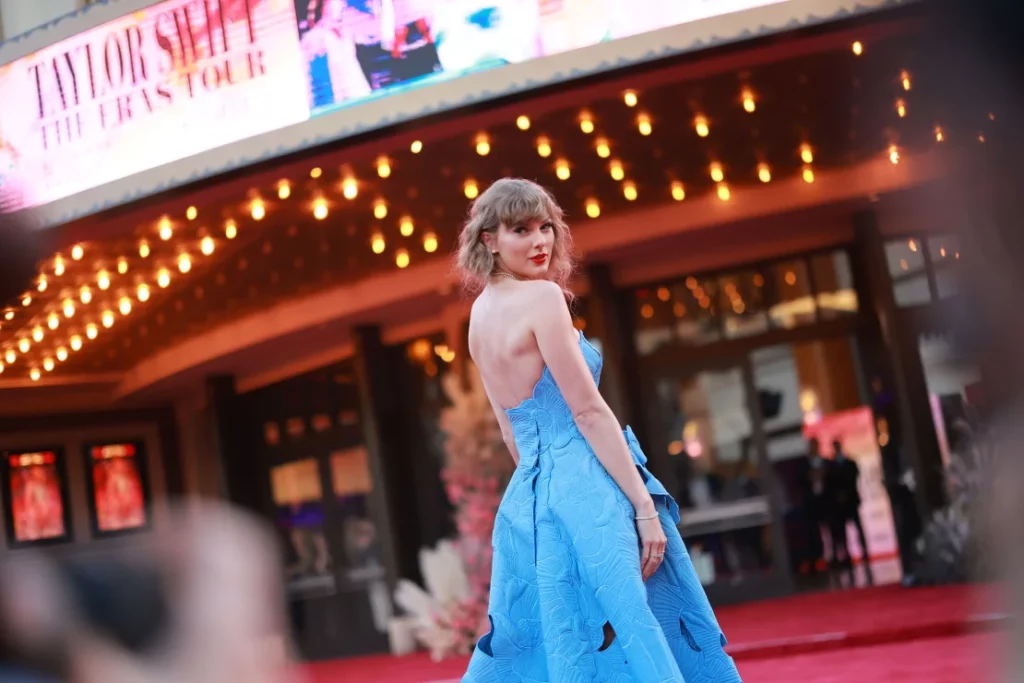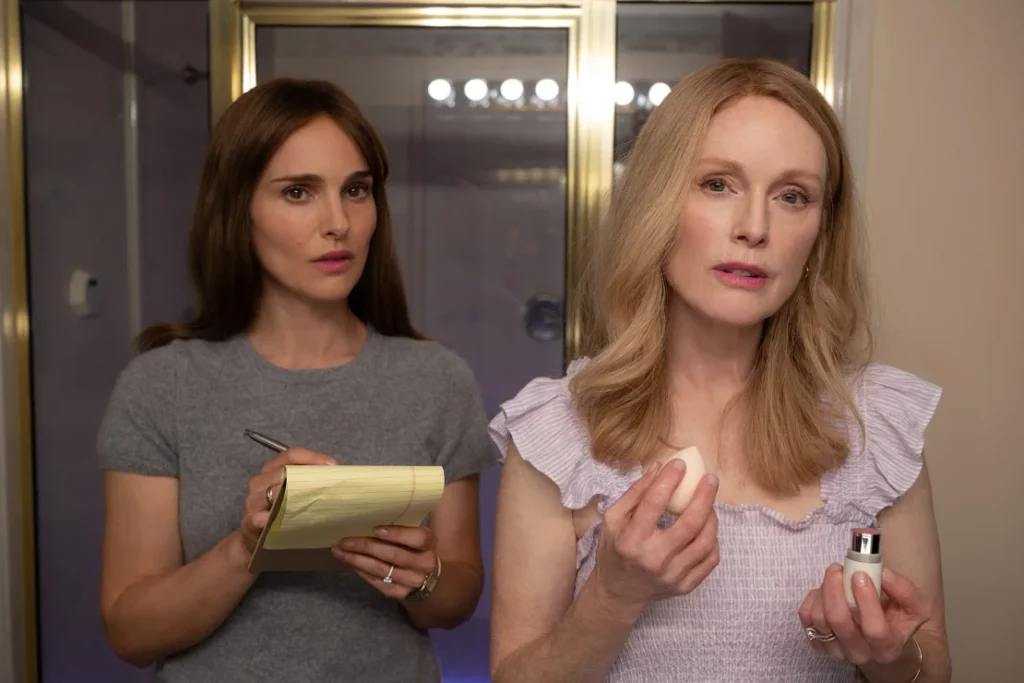
In a snapshot of the current state of award shows, the Golden Globe nominations are still pretty stupid, and with the nominations for “Barbie” and Taylor Swift, the Oscars could still learn a thing or two from them.
The Globes have undergone a makeover in terms of ownership, who comprises its voting body and even its TV home, shifting to CBS after scandal about the makeup of its membership and alleged ethical lapses caused the 80-year-old awards to lose support from Hollywood and their broadcast deal with NBC.
Yet whoever’s pulling the strings, the Globes have seemingly recognized a bit of logic the Academy Awards would be well advised to heed: Don’t ignore your most popular movies.
Whether a byproduct of merit or planning (and there was clearly some of the latter), the Globes showered the most nominations on two of the year’s biggest box-office hits, “Barbie” and “Oppenheimer,” with nine and eight bids, respectively. The awards also introduced a category specifically for popular movies, throwing Swift’s “The Eras Tour,” which broke box-office records for a concert film, and the fourth “John Wick” movie into that mix.

Granted, with its eclectic mix of categories and the advantage of splitting its top film and acting prizes into two brackets, drama and musical/comedy, Globes voters were still able to incorporate small and quirky movies into their choices.
In keeping with tradition, the group also maintained its longstanding preference toward nominating identifiable stars, which might explain why Jennifer Lawrence crept in for the comedy “No Hard Feelings,” and the somewhat inexplicable decision to categorize Netflix’s “May December” as a comedy while nominating Natalie Portman for that film.
Still, the Globes have seemingly embraced, consciously or not, the reality that if award-show producers and broadcasters want people to watch these events amid declining ratings across the board, more viewers need some kind of rooting interest – a connection to a few of the nominees that involves having actually seen them.

The Academy Awards, notably, did flirt with its own “popular film” category a few years ago before scrubbing the idea, which was portrayed as an act of pandering that would essentially dilute the Oscar’s value and prestige. The hope was that some popular movies would find a way into the awards more organically.
The track record of that has been at best mixed, and certainly some of the entities seen as influencing Oscar voters – beginning with critics groups – haven’t become any less esoteric about the films they tend to prefer, which these days generally wind up being consumed at home via streaming services, not in theaters.
The push and pull of that can be seen in this year’s Globes nominations as well, with Netflix leading the pack of distributors in terms of film nominations and multiple nods to other streamers, like Amazon and Apple TV+, reflecting a hunger for prestige and industry validation by those services that goes beyond just dollars-and-cents considerations.
The bottom line is the many people who flocked to “Barbenheimer” this summer won’t be disappointed if they tune into the Golden Globes looking to see those movies represented.
That doesn’t erase the Globes past problems, or resolve the litany of factors that have depressed viewing of award shows, including the ready availability of clips that spare people from sitting through these hours-long presentations.
As a practical matter, though, award shows dismiss the end users of what they offer at their commercial peril. And from that narrow perspective, the real trick is as much about who you invite to the party as it is who ultimately takes home the party favors.

